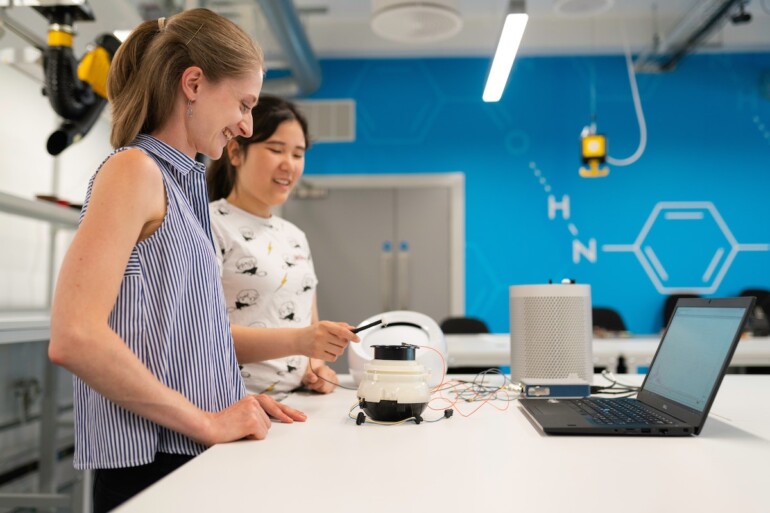Learn more about these 12 local schools, and how they plan to integrate AI into their curriculum in the coming school year.
Mount Tamalpais School
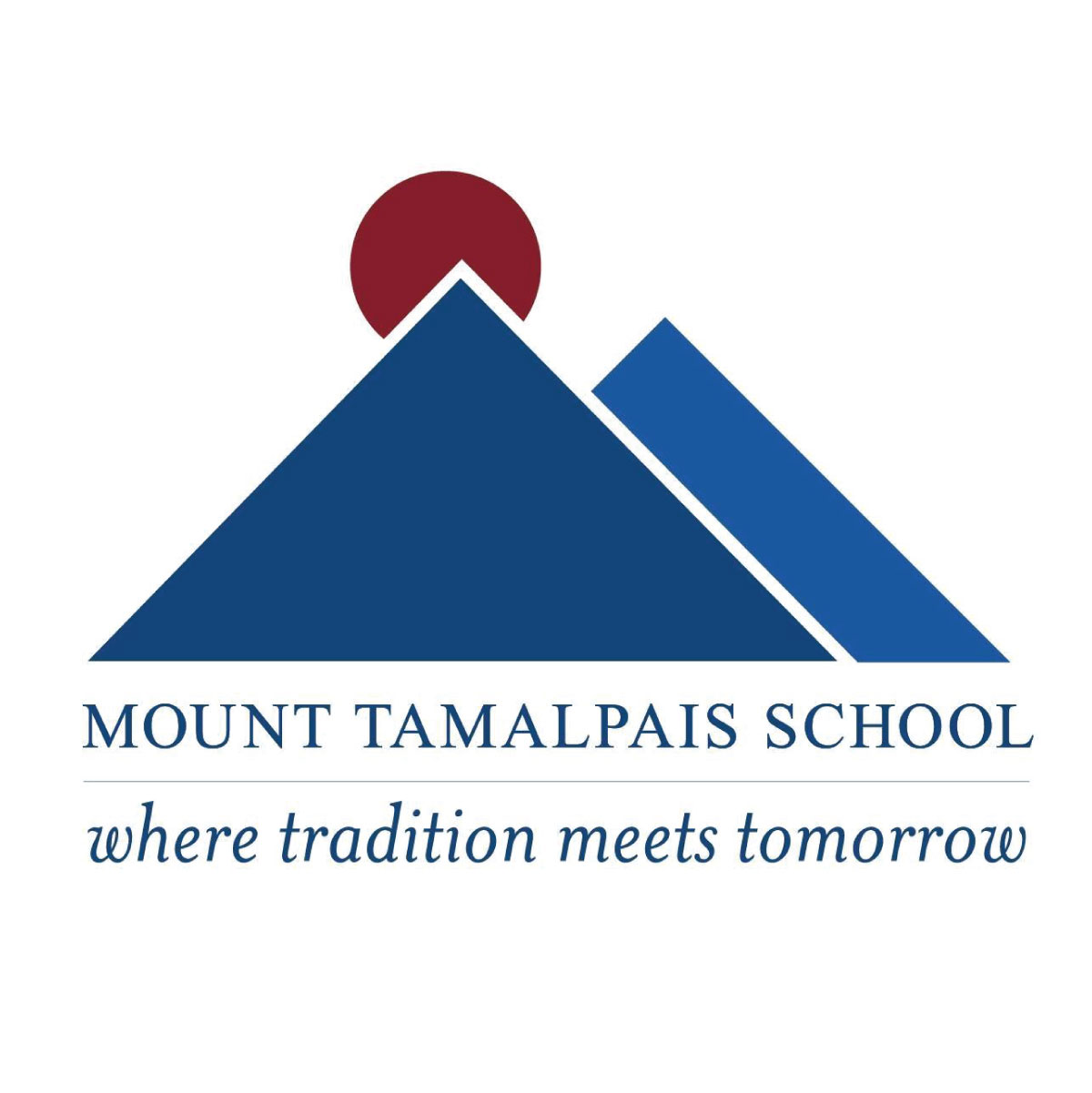
What is your school’s academic philosophy?
The unparalleled academic program at Mount Tamalpais School is dedicated to cultivating knowledge and valuing childhood. Our mission – “Where Learning is Revered, and Education is Joyful” – is central to our approach, which is geared toward both rigorous academics and playful exploration. Guided by our community values in our strategic plan, we are focused on creating a community of kindness, inclusion, and belonging, and strongly believe that our students will only truly thrive academically when they feel seen, heard, and valued.
How does your school support individual student’s learning needs?
We support a range of learners at MTS. Our teachers, experts in the subject that they teach, are able to differentiate their lessons to meet the needs of their students. Our two learning specialists also work directly with our faculty to monitor the growth and learning of all students and ensure that class time meets the needs of our neurodiverse learners, while highlighting the strengths of all students.
Does your school plan to integrate AI into the curriculum and if you are not, why?
Mount Tamalpais School develops students of conscience, who are prepared academically, socially, and culturally to lead and serve an increasingly complex and changing world. Much like calculators transformed the teaching of mathematics, the growing influence of AI is poised to revolutionize our students’ learning. By integrating the study of AI’s utilization, evaluation, and ethical considerations into our curriculum, we aim to provide our students with the skills and knowledge that are essential for enriching their educational journey, inspiring innovation, and remaining current in this swiftly evolving field.
Brandeis Marin
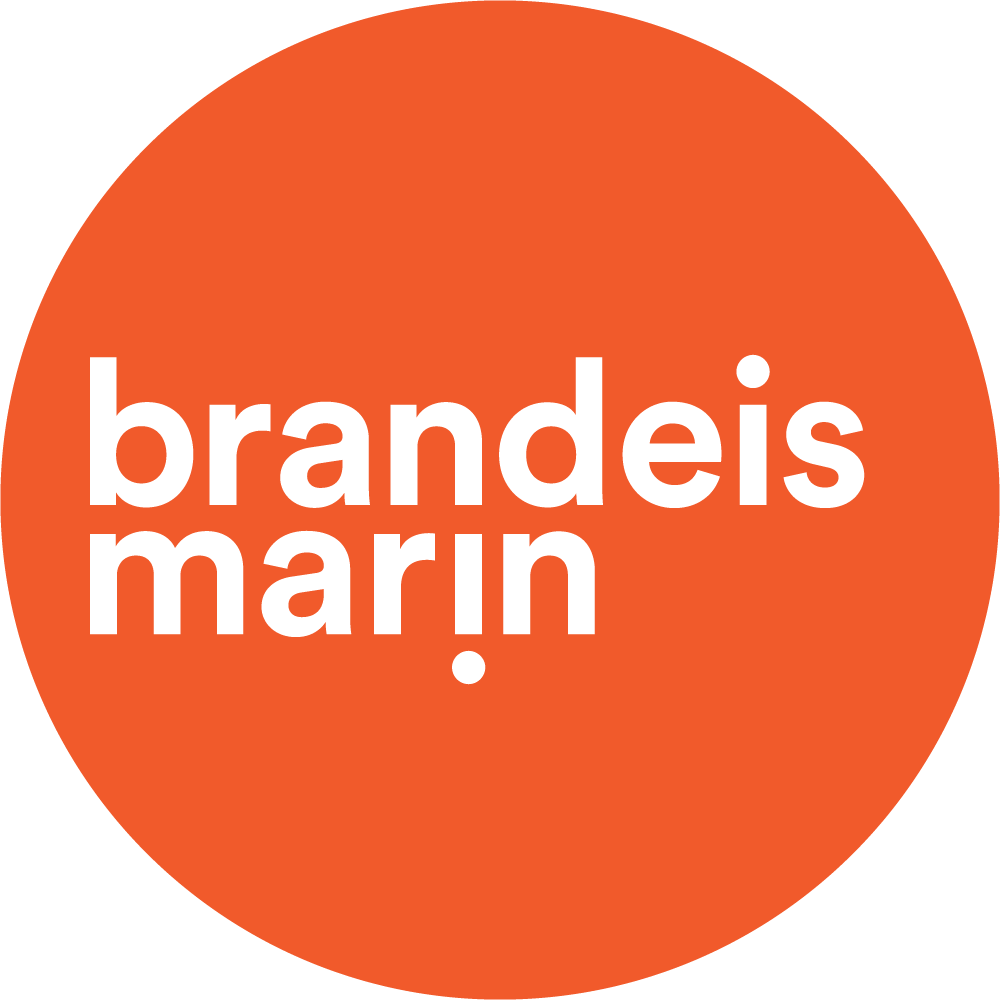
What is your school’s academic philosophy?
Every facet of Brandeis Marin –– from academics to support services –– is designed to nurture the whole child. Our innovative social-impact curriculum cultivates creativity and ethical consciousness, supporting our graduates to become leaders and agents of positive change. Our community is intellectually and morally strengthened when many different voices, viewpoints, and backgrounds learn with and from each other.
How does your school support individual student’s learning needs?
Small class sizes enable teachers to connect with students and support their transformation into scholars, friends, athletes, artists, and spiritual beings. When needed, our full-time learning support specialist works closely with students, teachers, families, and outside professionals to implement strategies tailored to each child’s needs. Cultivating a strong home/school partnership is a top priority for administrators and faculty.
Does your school plan to integrate AI into the curriculum and if you are not, why?
Brandeis Marin is working hard to develop best practices and policies around the ethical use of AI tools in the academic setting. Our faculty is engaged in professional development to construct innovative lesson plans that will explore AI opportunities and align with our high expectations for student behavior and academic integrity.
Chronos Academy
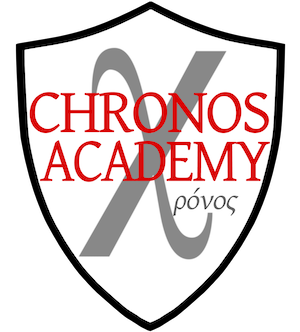
What is your school’s academic philosophy?
Chronos Academy is an innovative, TK-8 school that integrates every subject with global history; each week is a stop on a journey through time. When gifted children are exposed to the diverse history of peoples, ideas, sciences and the arts, they thrive. They take pleasure in making their own connections to innovators who came before them and discovering the important role they play, present day. Here, precocious, driven and divergent thinkers reach their intellectual potential through activities such as connecting every lesson to a chronological timeline; memorization to music; explore outdoors, museums or theater and more.
How does your school support individual student’s learning needs?
All students learn the same integrated content each week, but skills are individualized to each student’s unique learning profile. Students learn math, writing, and language at their own pace in small classes of 8-12 students. They spend at least one hour every week working one-on-one with a teacher on their personal learning goals, strengthening weaknesses or delving deeper into areas of interest, and teachers celebrate students’ progress toward mastery of each skill. Learning specialists are available on campus during the school day to meet students’ goals so that every student consistently expands their full potential.
Does your school plan to integrate AI into the curriculum?
AI is a milestone of human innovation comparable to cuneiform, the printing press, the telegraph and the world wide web. This year when Chronos Academy’s four-year tour of history arrives at the present, students will experiment with AI as they have explored each antecedent invention in the Maker Lab daily.
Lycée Français de San Francisco
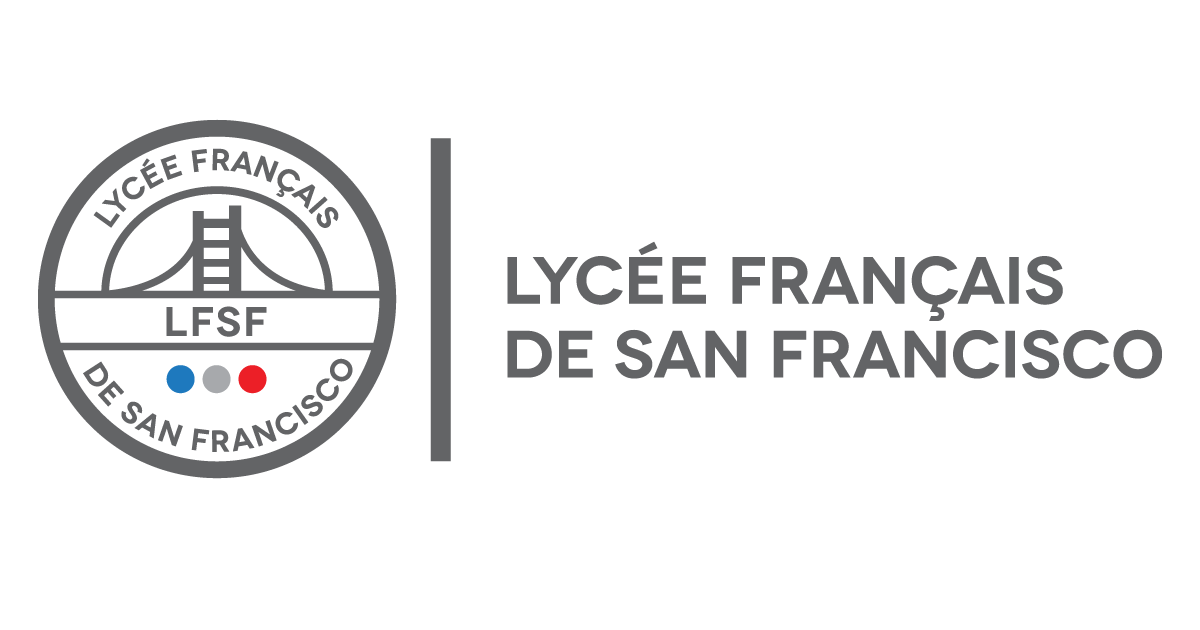
What is your school’s academic philosophy?
LFSF, the Lycée Français de San Francisco, offers a unique multilingual and multicultural education program designed to empower students to become adaptable global thinkers, able to make meaningful contributions to our world. From Preschool (2 years old) to High School, LFSF students grow up cultivating curiosity and critical thinking, empathy and respect for others.
How does your school support individual student’s learning needs?
At LFSF, students are learning, with their individual needs supported by their teachers, a group of dedicated, experienced and mission-minded professionals. At the end of the day, students can rely on the support of teachers to help with homework, a useful resource when they can’t rely on the support of a bilingual parent at home. Additionally, our student learning support team of specialized professionals (speech therapists, psychologists, learning specialists) can intervene with students who are experiencing difficulties in their academic journey, either learning difficulties and/or emotional challenges, that affect their academic performance and success.
Does your school plan to integrate AI into the curriculum and if you are not, why?
LFSF offers a unique multilingual and multicultural education program designed to empower students
to become adaptable global thinkers, able to make meaningful contributions to our world. We think that artificial intelligence (AI) technology will be present in an increasing part of our everyday lives and this is why we teach our students to use these tools effectively and ethically in line with our principles of academic integrity.
Marin Horizon School
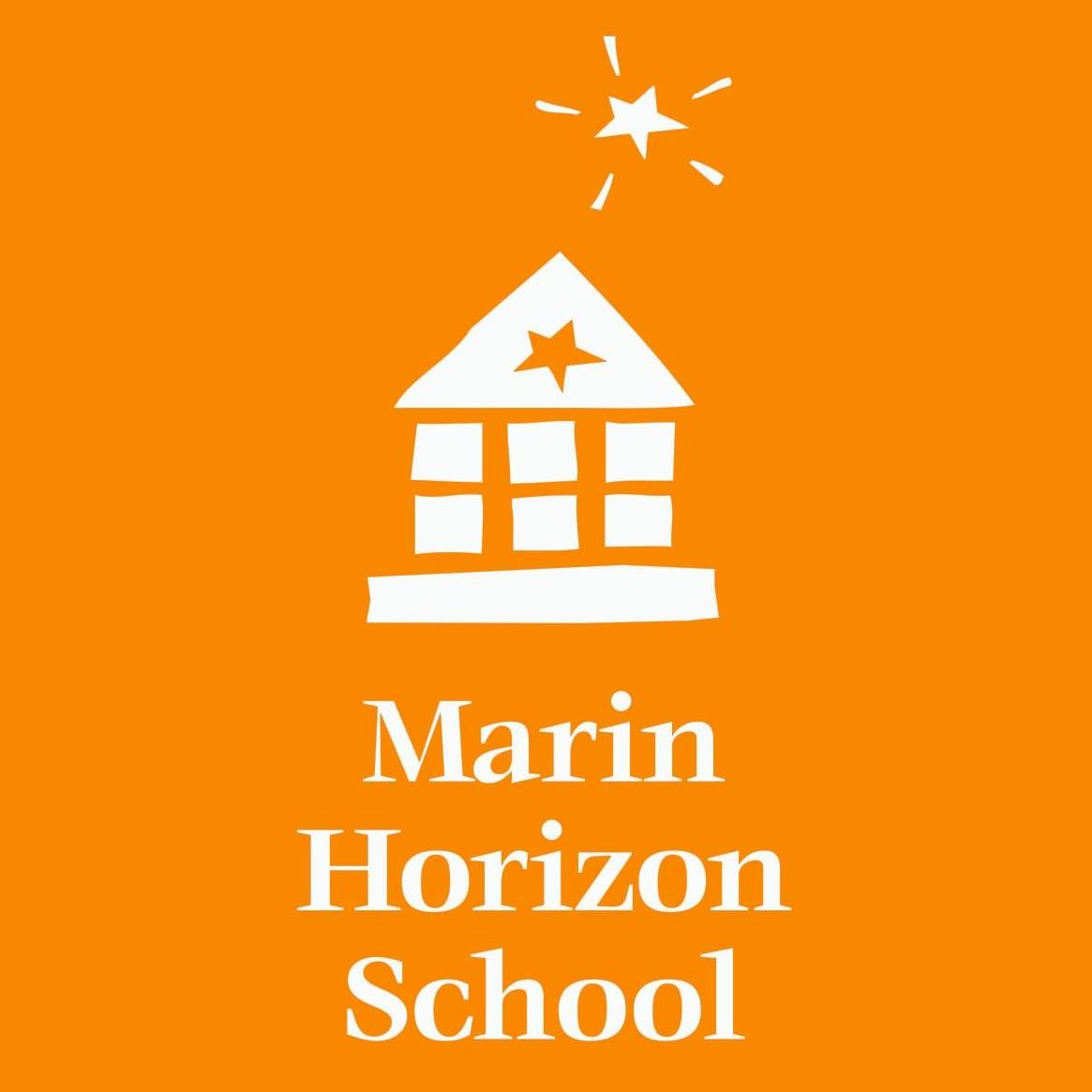
What is your school’s academic philosophy?
Marin Horizon School offers a challenging academic program combined with character-enhancing life skills to help each student develop their confident voice. Teachers incorporate Universal Design for Learning (UDL) principles as a framework for designing and delivering rigorous and engaging instruction.
At Marin Horizon, students become active participants in their own education, resulting in deep engagement and high achievement. Students are seen and valued for their authentic selves, developing confidence and courage to maximize their learning.
How does your school support individual student’s learning needs?
Marin Horizon dedicates both time and resources to ensure that the program honors and supports the individual learning styles of each child and that they understand what they need in order to succeed. Teachers differentiate instruction using the science-based UDL approach. Teachers, learning specialists, and administrators meet regularly to strategize on how to maximize each student’s experience. The practice of goal setting and self-reflection are modeled, practiced, and woven into the curriculum.
Does your school plan to integrate AI into the curriculum?
Marin Horizon will have to teach students to use AI as a tool to enhance their learning. Like any other learning tool, students need to have a clear idea of their objective and the skills, knowledge, and expertise to map out a path to that objective.
And, as our wise and witty Director of Upper School, Ben Fussiner, shares, “I’m sure people were sitting around a table in the 1970s having this same conversation around the dangers of handheld calculators.”
Marin Primary & Middle School
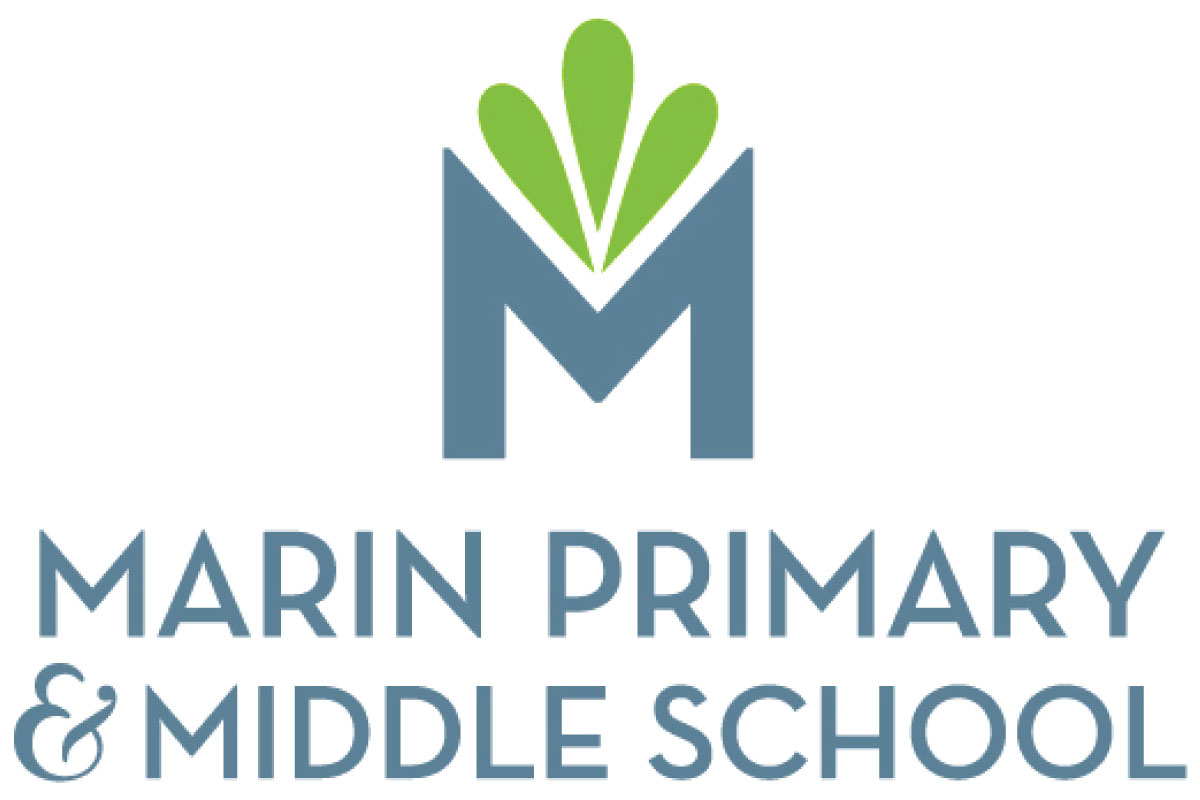
What is your school’s academic philosophy?
Marin Primary & Middle School offers a learning journey that amplifies each child’s inherent strengths, helping them to build the intellectual skills, social awareness, and emotional courage that will serve them throughout their lives. From preschool through eighth grade, we engage children in a warm academic environment that embraces growth and honors the journey of learning. Each stage of their development is a building block to ensure future success in the classroom and beyond.
How does your school support individual student’s learning needs?
MP&MS teachers recognize and appreciate the unique learning profiles of our students, including their strengths and challenges. When students feel grounded and known, they are able to reach their potential as learners. Our Learning Resource Program (LRP) provides responsive support to students of all levels of learning and achievement to ensure every child is making progress and experiencing success.
Does your school plan to integrate AI into the curriculum?
With the ever-changing technology landscape, we aim to prepare our students with the skills and
knowledge to responsibly use tools to enhance their learning. AI is an incredibly powerful resource and can be applied to many aspects of education. With student safety as our number one priority, our faculty and staff are exploring ways to integrate this technology and guide students in its application with curiosity and integrity. Our learning resources team will be working on how to access supportive accommodations through AI.
Mark Day School

What is your school’s academic philosophy?
Mark Day School believes that students learn best through hands-on, interactive and collaborative work that challenges them just beyond their comfort zones. Students are also engaged in inquiry-based learning activities during which they question, hypothesize,
explore, experiment, research and present their findings. Technology is thoughtfully integrated into each classroom as a means of research, differentiation and creating media-based projects.
How does your school support individual student’s learning needs?
We believe that learning is not a one-size-fits-all approach. Lessons, activities and classroom configurations often involve different modalities to support varied learning styles. Teachers across K–8 know each student deeply, and use this insight to inform differentiated lessons and activities and offer strategies to support and challenge students. Our learning specialists meet with students individually and in small groups and work closely with parents and guardians to educate them on their students’ learning profile.
Does your school plan to integrate AI into the curriculum?
At Mark Day School, it is our consistent practice to consider what skills and competencies our students will need for the current century. It is an important and ongoing part of our work to develop curriculum. The emergence of AI has given our teachers a new dimension to think about. In class, some of our students have directly engaged with AI; for example, in one of our middle school electives, students use generative AI to create art, examine the environmental impacts of AI, and talk with experts in the field. We will continue to incorporate it into teaching and learning as a means of preparing our students for a successful future.
Saint Hilary School
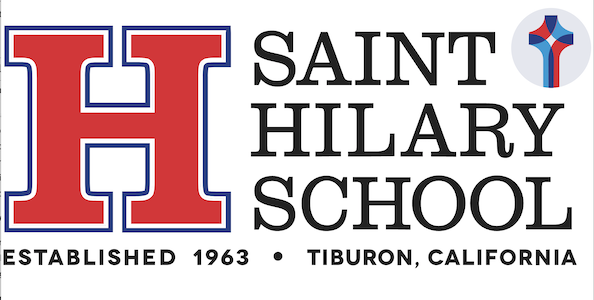
What is your school’s academic philosophy?
Our academic philosophy is to create inspired and enthusiastic learners who go on to succeed in their educational careers. Saint Hilary’s philosophy is to enable our students to actively participate in their learning and demonstrate a strong foundation in the basics of all curricular areas. We present challenging curricula that support their curiosity to learn, work independently and cooperatively, and critically think for themselves.
How does your school support individual students’ learning needs?
We offer dedicated enrichment and support opportunities for our students in the development of their reading and mathematical skills. Our teachers tailor their lesson plans to support all types of learners incorporating multiple learning methods. We offer tutoring and after-school assistance if needed.
Does your school plan to integrate AI into the curriculum?
We do not at this time incorporate AI into our curriculum due to multiple factors: the most important is that there are too many unknowns regarding the long-term ramifications or benefits to the educational process for young students. We use technology to support our advanced curriculum, to expand our students’ knowledge, and as a communication tool with their teachers. We use it to support the student in the learning process, not replace it.
Sterne School
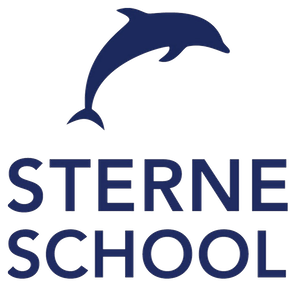
What is your school’s academic philosophy?
At Sterne, we know that in a world where everyone’s learning profile is unique, there cannot be a one-size-fits-all educational approach. Every day, we teach students how to unlock the learning style that works best for them. We believe that all students can be confident, capable learners when support is a part of — not an exception to — the school day.
How does your school support individual student’s learning needs?
At Sterne, we start with strengths. Every student’s learning profile is known and supported. Our faculty helps students achieve continued success in subjects in which they excel, while targeted support builds confidence in areas that require more focus and attention. Each Sterne student is seen and understood, and by acknowledging everyone’s uniqueness, we are able to truly bring joy to their learning. Our customized approach to learning is not an add-on, it is integrated into every class every day.
Does your school plan to integrate AI into the curriculum?
At Sterne, our focus is to teach students how to use AI as a resource, not as truth. We incorporate assistive technology in all our classes, and AI is a new tool that, when used appropriately, can support our students. Teachers at Sterne see this emerging technology as assistive technology; a tool students will need to use throughout their lives, like a set of encyclopedias decades ago or Wikipedia more recently. We believe that there are many productive ways to use AI that students and teachers should continue to explore. Sterne is creating an elective for the 2023–2024 school year that will culminate in group projects centered around developing and using AI technology. Faculty development and discussions will continue to define acceptable use, while encouraging students to engage with AI so they are better prepared to use it effectively and appropriately.
San Domenico School
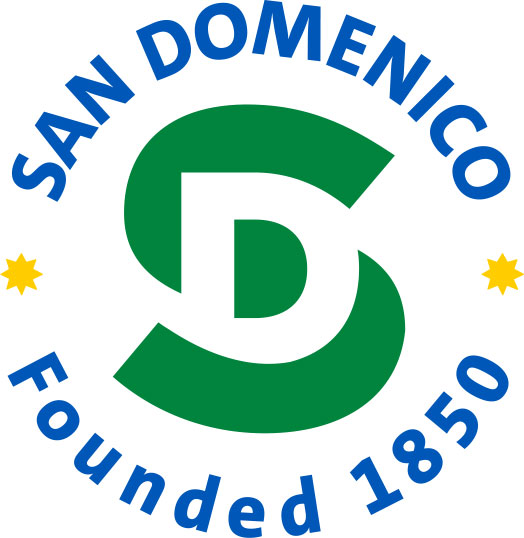
What is your school’s academic philosophy?
San Domenico provides a rigorous and responsive academic program balanced by its core values of study, reflection, community, and service. Our innovative program includes a commitment to leading the way in redefining the metrics of achievement, graduating inspired students who are equipped to create a better world.
How does your school support individual students’ learning needs?
Central to our philosophy is the belief that what students do with their education is just as important as their academic achievement. Students are encouraged to reflect on their learning, find their purpose, and celebrate in community. When students develop a deeper sense of purpose, their academic engagement increases along with their well-being, resilience, and leadership.
Does your school plan to integrate AI into the curriculum?
Our mission has always been rooted in meeting the needs of our times, providing our students with the learning tools and experiences that develop discerning thinkers and creative producers. While the evolution and timeline of AI is unknown, we continue to prepare our students for an ever-evolving future. This includes tools such as AI, that enhance our creative and critical thinking, guided by a comprehensive educational plan for educators, students and families.
St. Patrick School
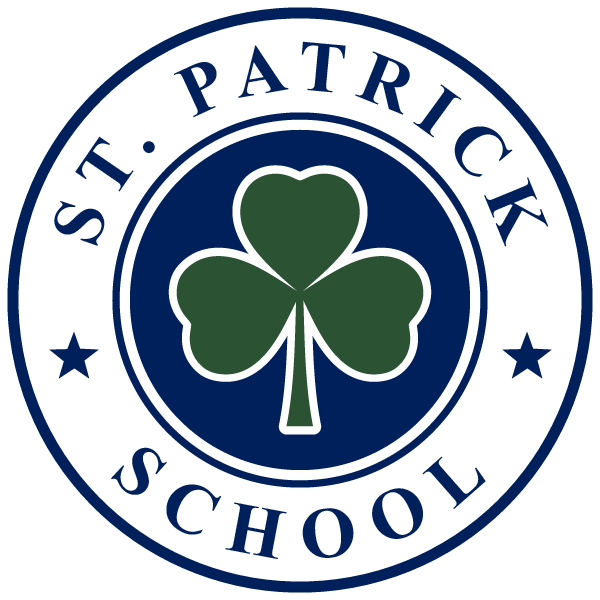
What is your school’s academic philosophy?
We believe that a Catholic education means living with a respect for God, self and others every day, and that this constant presence-of-mind is a critical component to developing a kind, reflective, and responsible student. We are welcoming of all faiths and backgrounds and this inclusive environment creates a safe space for learning. Our educational environment consists of an innovative curriculum that cultivates engaged learners and encourages students to work to their full potential, inspiring them to develop an enthusiasm for lifelong learning.
How does your school support individual student’s learning needs?
Student learning is monitored with formal and informal assessments on an ongoing basis by our teachers and Resource Specialist. Our team of dedicated teachers work to meet each student where they are at with the curriculum and provide either the remediation or enrichment they need to succeed and thrive. We have also expanded our Social Emotional Learning curriculum to meet the growing emotional needs of our students in a post-pandemic world.
Does your school plan to integrate AI into the curriculum and if you are not, why?
We take a very measured and thoughtful approach when introducing new technology and educational trends to our curriculum. The integration of AI will be gradual, with our teachers evaluating how it can best serve student learning. We are confident that this new tool could be beneficial to student learning when used in the spirit of inspiring students’ thirst for knowledge and applied with academic integrity.
Terra Marin School
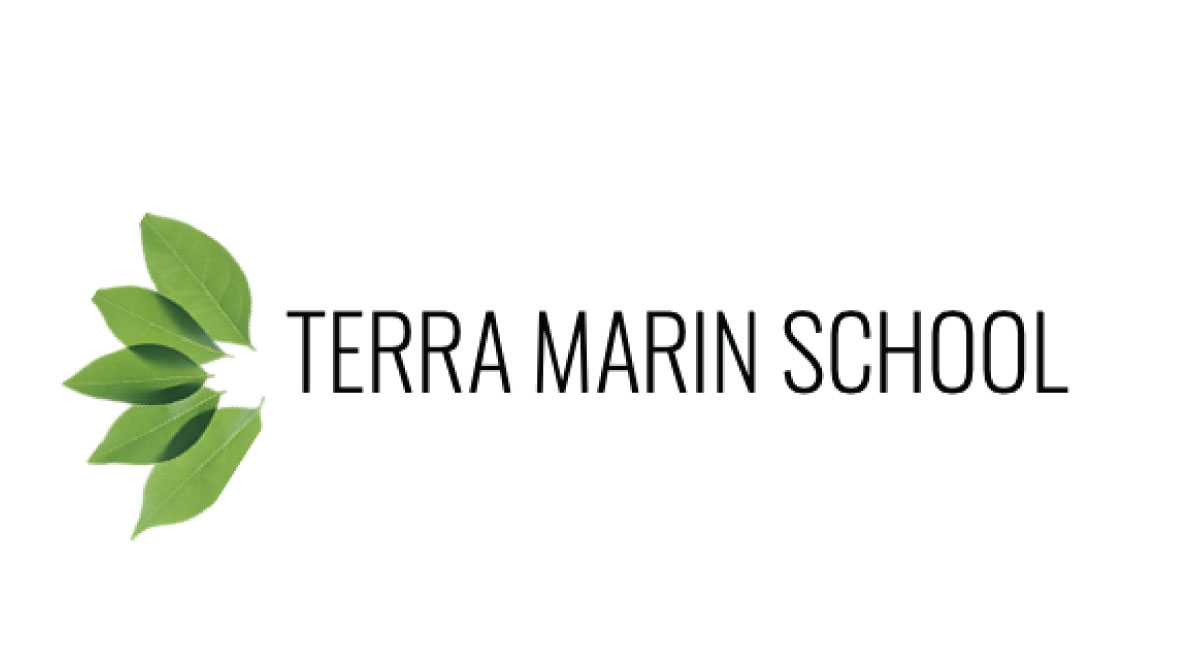
What is your school’s academic philosophy?
We want children to fall in love with the process of learning – to be comfortable in uncertainty, curious to explore and ask questions, and inspired by what they discover. We support our students’ natural curiosity through a unique blend of tailored academics, multilingual Spanish and Mandarin immersion then infusion, and nature-based education.
How does your school support individual student’s learning needs?
For subjects like math and world languages, students are grouped not by age, but by their ability level. By attending to a child’s unique constellation of talents, we help them discover their interests and prepare for future pursuits. Additionally, teachers and staff meet weekly with our SEL consultant about individual students who need extra support, so no student falls through the cracks and every child is given a clear path to thriving.
Does your school plan to integrate AI into the curriculum?
We believe our students will not only need to understand what AI is, but also learn how to discern its limits and possibilities, and how to work with it as it is further integrated into our everyday lives. As educators, we are actively discussing how to integrate AI into our curriculum in a thoughtful way.
Winston Preparatory School
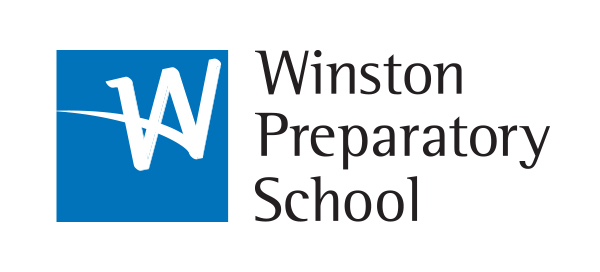
What is your school’s academic philosophy? How does your school support individual student’s learning needs?
What makes Winston Prep Marin’s learning model different from other traditional learning programs is the way it helps cultivate a deep understanding of each student’s individual needs. Serving students in grades 3-12 with learning differences such as ADHD, dyslexia and nonverbal learning disabilities (NVLD), Winston Prep faculty continually assess how students respond to their individualized skill development plan. Students also receive one-to-one remediation daily, focusing on their specific academic and social goals. Winston Prep’s Focus program ensures that students are continuously evolving and developing skills, helping them thrive.
Does your school plan to integrate AI into the curriculum?
Embracing innovation is an integral part of Winston Prep’s philosophy. The Winston Innovation Lab, a team of expert staff, recently completed a literature review to analyze the full scope of research on AI in education. As AI becomes more prevalent, Winston Prep has a responsibility to explore these tools with our students, using AI generated work as a resource to develop critical thinking skills, social responsibility, and digital citizenship, preparing our students for the future.
The Winston Innovation Lab that serves all Winston Preparatory School’s campuses, including Winston Marin campus, has completed a literature review to ascertain the full scope of research on AI in education with specific attention to how AI resources and supports can bolster our students’ academic, social and emotional skill development. Winston Prep’s Innovation Lab team analyzed information pertaining to available AI educational resources, potential applications, evidence of outcomes specifically for students with learning disabilities, ethical and safety considerations, and future directions. While a vast body of information and conversation exists around potential opportunities to integrate AI into education, including research on the efficacy of specific tools, there is still limited evidence of outcomes directly concerning the use of AI with students with learning disabilities.
While AI technology is already being integrated into higher education and the workforce, Winston Prep has a responsibility to explore these tools with our students, using AI generated work as a resource to develop critical thinking skills, social responsibility, and digital citizenship, preparing our students for the future. We recognize the importance of educating our students on the pitfalls they may encounter in the AI realm, particularly relating to ethics, media literacy, and content reliability. We are expanding our research to determine how to approach the use of AI in our schools overall and for each individual Winston Prep student. We are prioritizing intentionality in moving forward responsibly, examining ethical implications and thinking strategically about what they mean for our population of students and the field of education at large. As we start the school year 2023, we will stay apprised of any outcome research as it pertains to our community, and we will share information and resources with our faculty as new evidence emerges.

